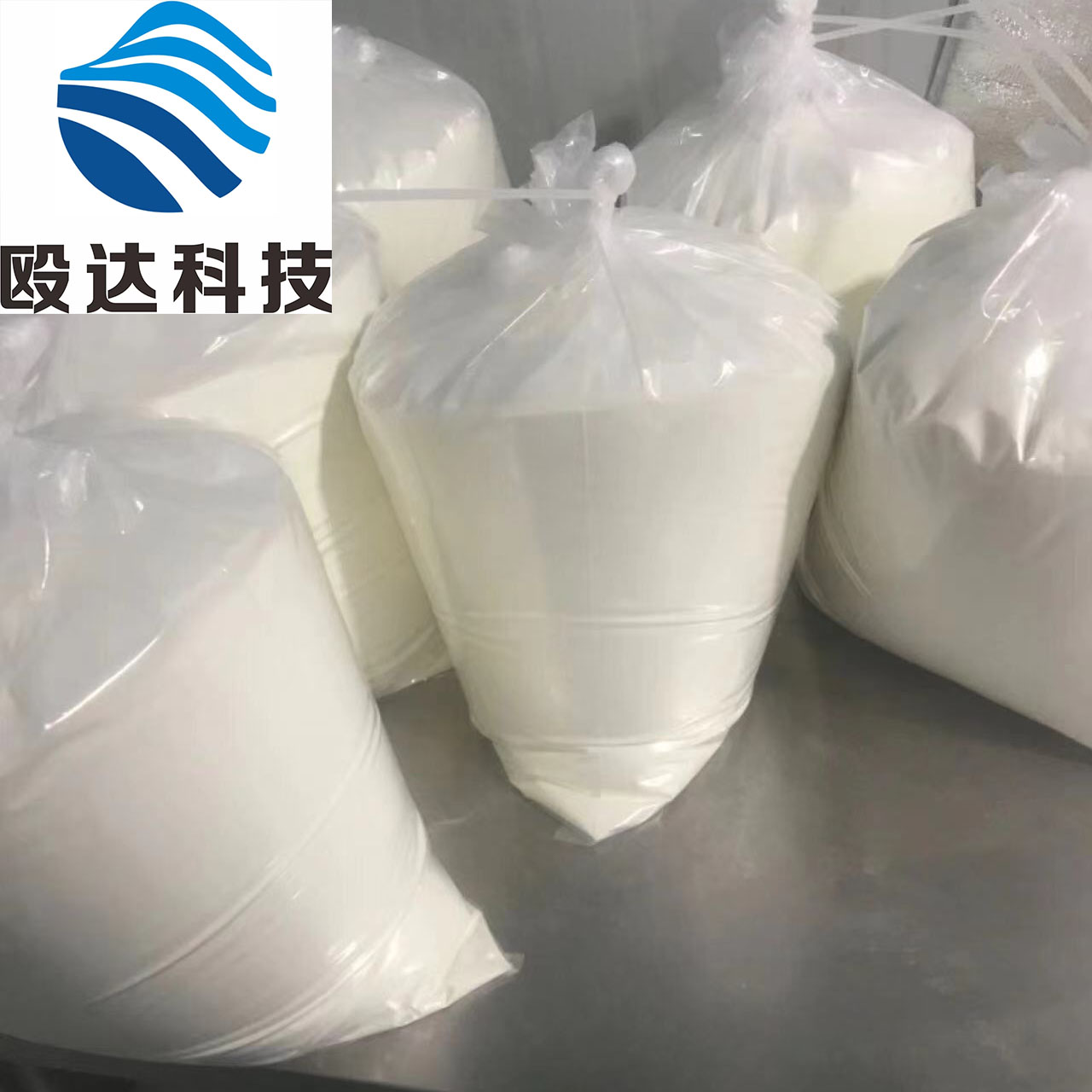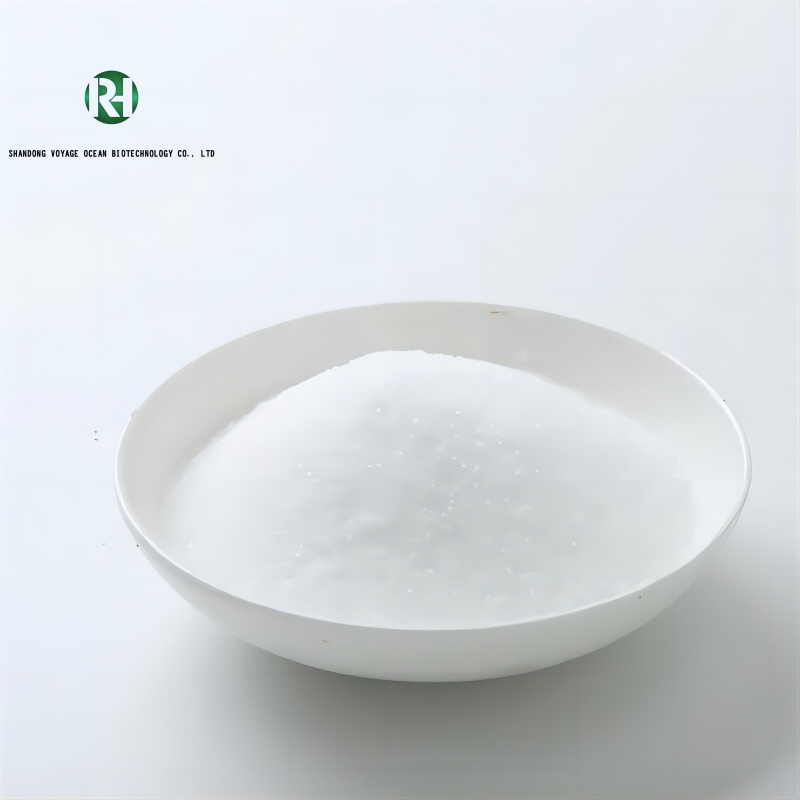-
Categories
-
Pharmaceutical Intermediates
-
Active Pharmaceutical Ingredients
-
Food Additives
- Industrial Coatings
- Agrochemicals
- Dyes and Pigments
- Surfactant
- Flavors and Fragrances
- Chemical Reagents
- Catalyst and Auxiliary
- Natural Products
- Inorganic Chemistry
-
Organic Chemistry
-
Biochemical Engineering
- Analytical Chemistry
- Cosmetic Ingredient
-
Pharmaceutical Intermediates
Promotion
ECHEMI Mall
Wholesale
Weekly Price
Exhibition
News
-
Trade Service
In yesterday's article, Yaodu sorted out the relevant content of immune checkpoint therapy.
On April 25, AstraZeneca announced that the Biologics License Application (BLA) submitted by its investigational CTLA-4 antibody tremelimumab was accepted by the FDA and will be reviewed through the priority review channel.
This BLA is based on the final results of the Phase III clinical trial HIMALAYA
The STRIDE regimen significantly improved three-year survival, highlighting the regimen's potential to improve long-term survival outcomes in patients with unresectable hepatocellular carcinoma
1.
1.
It is worth noting that CTLA-4 inhibitor is the first immune checkpoint inhibitor approved in the world
CTLA-4 inhibitor is the world's first approved immune checkpoint inhibitor
Initially, the mechanism of CTLA-4 inhibitors was thought to release the "brake" on naive T cells, allowing them to be activated in the lymph nodes and then migrate to the tumor site to kill tumor cells
CTLA-4 shares up to 70% homology with CD28, and both bind the same ligand B7 molecule (CD80 and CD86)
CD28 is a costimulatory immune checkpoint , which is responsible for transmitting activation signals to T cells, promoting T cells to differentiate and proliferate into effector cells;
CD28 is a costimulatory immune checkpointCTLA-4 is a co-suppressive immune checkpoint , which is responsible for transmitting inhibitory signals to T cells and inhibiting the activity of T cells
CTLA-4 is a co-suppressive immune checkpoint
Since CTLA-4 has a higher affinity with B7 molecules, it will compete and block the activation effect of CD28 on T cells, thereby inhibiting the proliferation and activation of T cells
Figure 1.
However, as people become more familiar with the CTLA-4 target, another speculation about the CTLA-4 target mechanism has begun to emerge in the industry
Figure 2.
Treg cells are a type of cells that suppress immune function.
At present, whether the mechanism of CTLA-4 target is immune checkpoint blockade, Treg clearance, or both, there is still a lot of controversy
.
Although there are still many uncertainties, a new generation of CTLA-4 inhibitors has become a new direction of research and development in the industry
.
2.
High efficiency and low toxicity have become the development direction of a new generation of CTLA-4 inhibitors
High efficiency and low toxicity have become the development direction of a new generation of CTLA-4 inhibitors
Although Yervoy can effectively prolong the survival period of patients with malignant melanoma in the early stage of the market, because Yervoy is very easy to over-activate the immune system, more than 70% of patients will experience side effects such as diarrhea and rash, and even death cases will occur, which greatly limits the its usage scenarios
.
After the debate on the new mechanism of CTLA-4 target appeared, BMS began to make major reforms to CTLA-4 inhibitors and designed the product BMS-986218, which is the first CTLA-4 inhibitor to undergo major transformation.
years into the clinic
.
BMS-986218 enhances ADCC function through Fc modification, and greatly reduces toxic side effects by eliminating Treg
.
There are also products such as AGEN1181 from Agenus that are also aimed at Fc modification to achieve the effect
.
In addition, BMS combined with CytomX's Probody technology to carry out the second directional and leading transformation on the basis of Y drug
.
This time, a new product BMS-986249 was formed by adding a masking peptide on the basis of the Y drug
.
It can selectively activate Y drugs by using specific highly expressed proteases in the tumor microenvironment and reduce the toxic and side effects of peripheral tissues
.
Currently, the development of novel CTLA-4 inhibitors is basically iterative on both approaches of BMS
.
For example , ONC-392, a new generation of targeting CLTA-4 monoclonal antibody drug from Guangzhou Onke Immune Company in China , improves the pH sensitivity of CTLA-4 antibody and reduces the degradation of CTLA-4 in lysosomes (antibody Induced lysosomal degradation of CTLA-4 is the basis for adverse events), thereby preserving the recycling of CTLA-4 molecules, which can significantly reduce the side effects of CTLA-4 antibodies and increase the efficacy of CTLA-4 antibodies
.
The Phase I clinical trial results released at the end of 2021 also preliminarily show that ONC-392 has good clinical safety and efficacy :
ONC-392 has good clinical safety and efficacyIn terms of efficacy , among the 10 patients enrolled in the Phase I dose exploration phase, 2 cases of CR (complete remission) occurred, and the overall response rate reached 60%;
Efficacy In terms of safety , the recommended phase II clinical dose (RP2D) was initially determined to be 10 mg/kg
.
3.
Policy assistance, domestic enterprises actively deploy
Policy assistance, domestic enterprises actively deploy
Thanks to the "Opinions on Deepening the Reform of the Review and Approval System and Encouraging the Innovation of Drugs and Medical Devices" issued by the General Office of the Central Committee of the Communist Party of China and the General Office of the State Council in 2017, the country has gradually improved and implemented the drug test data protection system, encouraged the development of generic drugs, and accelerated the The clinical promotion of CTLA-4-related pharmaceutical industry
.
In terms of domestic enterprises, in addition to Angke Immune, Tianyan Pharmaceutical, Innovent Bio, Hebo Medicine, Youhe Medicine, and Hengrui Medicine have all deployed a new generation of CTLA-4 inhibitors
.
At present, CTLA-4 is constantly expanding in terms of the number of cancer types and combination therapies.
More and more new indications are about to enter the NDA stage, and a large number of new-generation CTLA-4 have entered the clinical stage
.
Domestic enterprises are in a very favorable position in this wave of development boom
.
Mainly because there are few approved drugs at present, and Y drug and tremelimumab have provided rich experience and lessons for the development of a new generation of CTLA-4 drugs, which can make latecomers avoid detours; in addition, most products are on the same starting line, domestic and foreign.
The market competition pattern has not yet been finalized, and domestic CTLA-4 drugs have the opportunity to enter the US market
.
.
Yaodu will continue to pay attention to the development progress of the follow-up CTLA-4 drugs
.
References:
References: References: 1.
Tremelimumab accepted under Priority Review in the US for patients with unresectable liver cancer in combination with Imfinzi.
Retrieved April 25, 2022, from https:// Tremelimumab accepted under Priority Review in the US for patients with unresectable liver cancer in combination with Imfinzi.
Retrieved April 25, 2022, from https:// 2.
Tang F.
, et al.
Anti-CTLA-4 antibodies in cancer immunotherapy: selective depletion of intratumoral regulatory T cells or checkpoint blockade? Cell & Bioscience 8: 30 (2018).
Tang F.
, et al.
Anti-CTLA-4 antibodies in cancer immunotherapy: selective depletion of intratumoral regulatory T cells or checkpoint blockade? Cell & Bioscience 8: 30 (2018).
3.
Du, X.
, Liu, M.
, Su, J.
et al.
Uncoupling therapeutic from immunotherapy-related adverse effects for safer and effective anti-CTLA-4 antibodies in CTLA4 humanized mice.
Cell Res28, 433–447 (2018) doi: 10.
1038/s41422-018-0012-z.
Du, X.
, Liu, M.
, Su, J.
et al.
Uncoupling therapeutic from immunotherapy-related adverse effects for safer and effective anti-CTLA-4 antibodies in CTLA4 humanized mice.
Cell Res28, 433–447 (2018) doi: 10.
1038/s41422-018-0012-z.
4.
Teft WA, Kirchhof MG, Madrenas J.
A molecular perspective of CTLA-4 function.
Annu Rev Immunol.
2006;24:65-97.
Teft WA, Kirchhof MG, Madrenas J.
A molecular perspective of CTLA-4 function.
Annu Rev Immunol.
2006;24:65-97.







